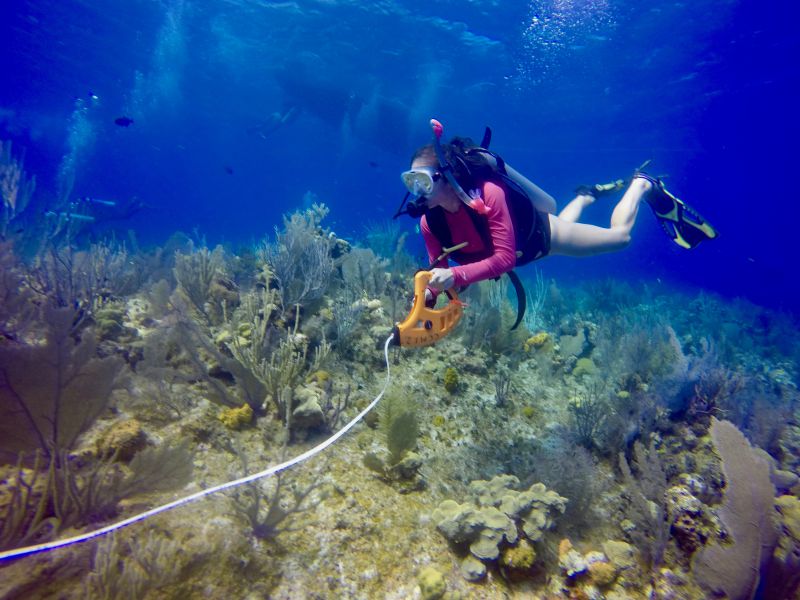
(CNS Local Life) UPDATED: As part of its annual reef lecture series, the Central Caribbean Marine (CCMI) is hosting a presentation on “Coral Reef Resilience and Refugia: Adaptation and Acclimatization in a Changing Environment”, set for 25 April at 5:45pm at the National Gallery of the Cayman Islands. The lecture, by visiting researcher Dr Gretchen Goodbody-Gringley, is the second of the series for 2019 and will focus on threats to coral reef systems and mechanisms to overcome them.
Goodbody-Gringley, who is an assistant scientist at the Bermuda Institute of Ocean Science (BIOS), will be presenting her work. She is the principal investigator for the Reef Ecology and Evolution Lab at BIOS and will be visiting the Little Cayman Research Station to explore joint projects to determine how to boost coral reef survival, stated a CCMI press release.
In her lecture, she will discuss the mechanisms to deal with threats to reefs: changes to reproductive patterns, epigenetics, dispersal, morphology, and physiology, with specific attention to the potential for mesophotic reefs (deep below scuba depth limits) to serve as a refuge for future coral survival, CCMI said.
She will be presenting her current work on the deep reefs of Bermuda and attendees will see a part of the ecosystem that is unreachable using recreational diving. After the lecture, the audience will have the opportunity to ask questions.
Dr Carrie Manfrino, president and director of CCMI, described Goodbody-Gringley’s work as the urgent scientific research needed to develop innovative solutions to declining reefs. “Working with experts like Dr Goodbody-Gringley provides enormous capacity for us to incubate new research projects and proposals aimed at understanding how corals can survive current levels of stress,” Manfrino said in the press release.
“Her work is exploring the cellular and even epigenetic-level adaptation that may drive recovery. We think the answers will provide clues to why some reefs and some corals are capable of survival while others die. Dr Goodbody-Gringley is working on these important questions,” she added.
The lab Goodbody-Gringley leads combines “large-scale in situ ecological surveys, small-scale laboratory experiments, and molecular ecology to answer questions related to reef health, evolution, resilience, and recovery”, CCMI said in the release, adding, “This is critically important because more than half of the world’s reefs are degraded and there is still so much unknown about how to better protect what is left.”
Her academic credentials include a PhD from Harvard University in 2009, after which she worked as a postdoctoral scientist at Mote Marine Laboratory, focusing on reef restoration and coral larval ecology. Goodbody-Gringley also took a postdoctoral position as a EURIAS Fellow at the University of Bologna, examining populations of a Mediterranean coral.
The lecture is free, with registration requested through the CCMI website



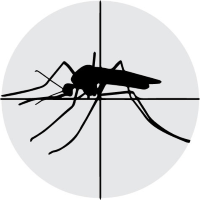
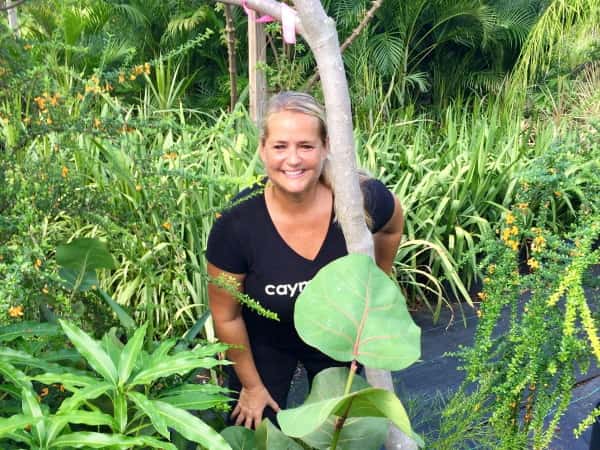
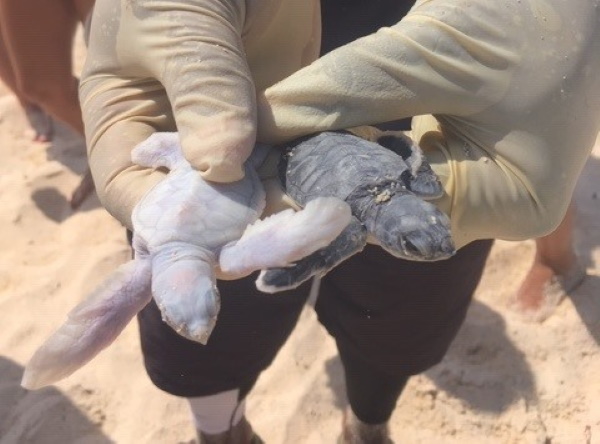
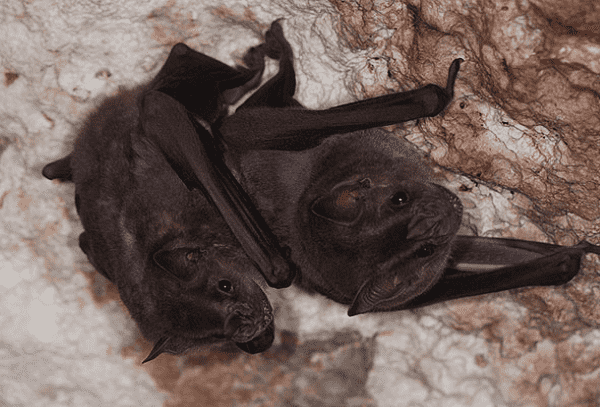
Thank you…. Ellyn